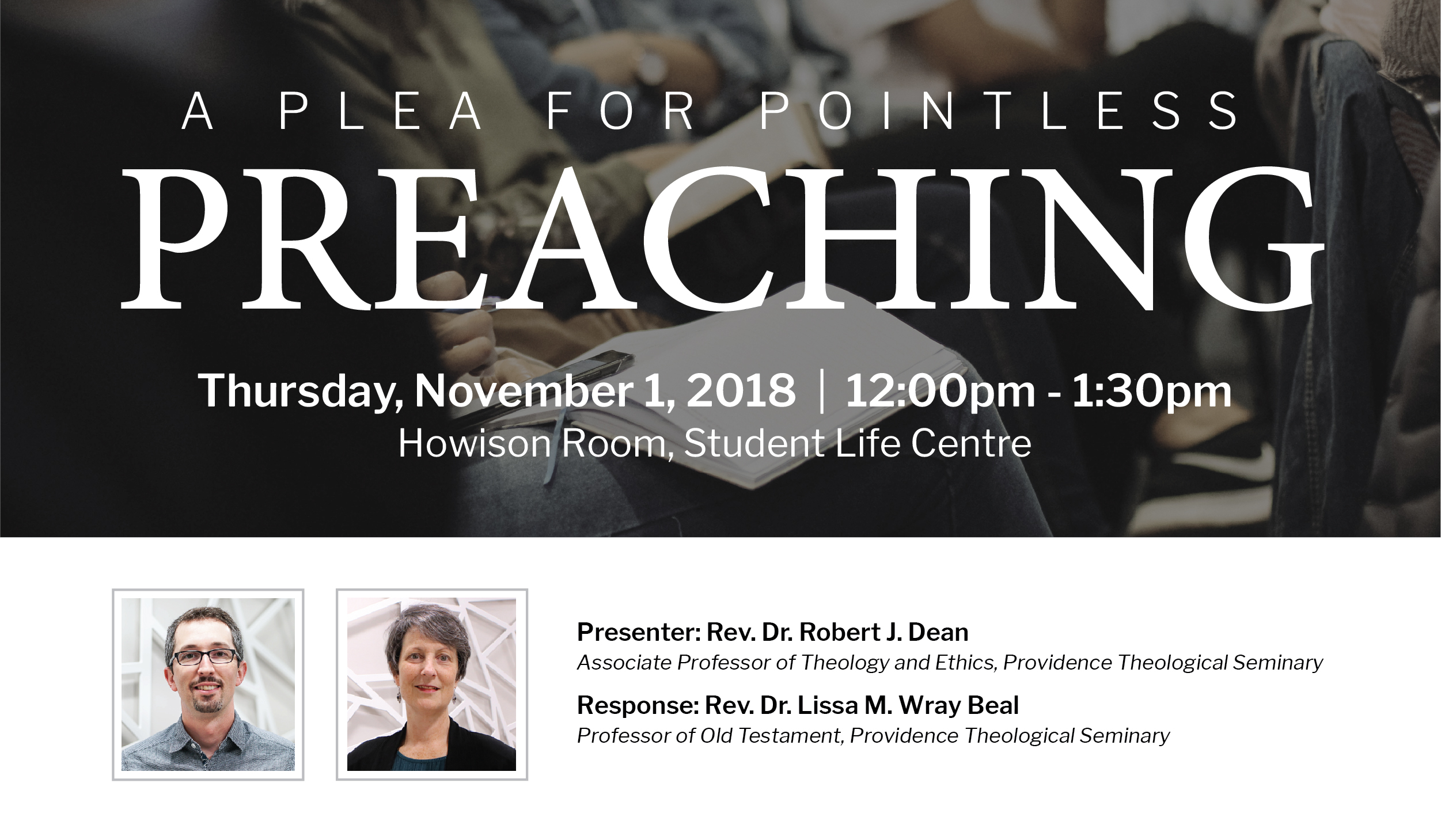With a new year comes a new semester and I am particularly looking forward to this coming semester at Providence Theological Seminary. In addition to the introductory “Theological Foundations” course, I am also going to be teaching an intensive course on the Holy Spirit and Eschatology in March and, beginning next week, a semester-length course entitled “Reading with the Fathers.” A keen and bright group of students have registered for the course and I am excited about what we will discover as we dig into the writings of Irenaeus, Origen, Athanasius, Gregory Nazianzus, and Augustine. Continue reading Restoring Catholicity (One Course at a Time)
Tag Archives: Providence Theological Seminary
Providence Press Release for “Minding the Web”
Providence University College and Theological Seminary has issued a press release for Minding the Web: Making Theological Connections, the recently published book that I’ve worked on with Stanley Hauerwas. The press release includes some quotes from both myself and Hauerwas, alongside of other information about the book. You can read the full release here: http://www.prov.ca/news/theological-seminary/providence-professor-dr-robert-dean-illumines-work-of-theological-spider-man-dr-stanley-hauerwas-in-new-book/
Responding to “A Plea for Pointless Preaching” – A Guest Post by Lissa Wray Beal
On Thursday, November 1, a surprisingly large and energetic group of pastors, professors, seminary students, and college students gathered at Providence to hear and engage in conversation surrounding my paper, “A Plea for Pointless Preaching.” The paper was an abbreviated version of an essay that I wrote for Minding the Web: Making Theological Connections. In the essay, I suggest that the work of “two Stanleys” – the evangelical mega-church pastor Andy Stanley and the theological ethicist Stanley Hauerwas – present two contrasting homiletical paths open to preachers today. Since that volume will soon be appearing in print, I will not be reproducing the essay here. However, my colleague Lissa Wray Beal, who served as the respondent to the paper, has graciously allowed me to publish her insightful engagement with the essay here on the blog. Continue reading Responding to “A Plea for Pointless Preaching” – A Guest Post by Lissa Wray Beal
Upcoming Lecture: A Plea for Pointless Preaching
If you’re in the Winnipeg area on November 1, think about joining us at Providence Theological Seminary for my upcoming public lecture, “A Plea for Pointless Preaching.” My colleague Lissa Wray Beal, Professor of Old Testament, will be responding to the presentation. Here’s a little teaser for the lecture to whet your appetite: Continue reading Upcoming Lecture: A Plea for Pointless Preaching
Reading with the Fathers
For many years now I’ve been waiting for the opportunity to teach a course on the Church Fathers. In January, the day will finally arrive. I’ve recently finished drafting my syllabus for the course I’ll be offering in the winter term entitled: “Theologians of the Church: Reading with the Fathers.” The course will consist of a combination of lectures and seminars around primary readings from the Fathers. You can read the course description below. As there are many students who come from Mennonite and evangelical traditions where the Church Fathers are either ignored or perhaps even looked upon with suspicion, it seemed important to cast the description in an apologetic key. Continue reading Reading with the Fathers
Providence Media Release
Providence Theological Seminary has recently issued a media release highlighting my addition to the faculty. The release can be read here.
